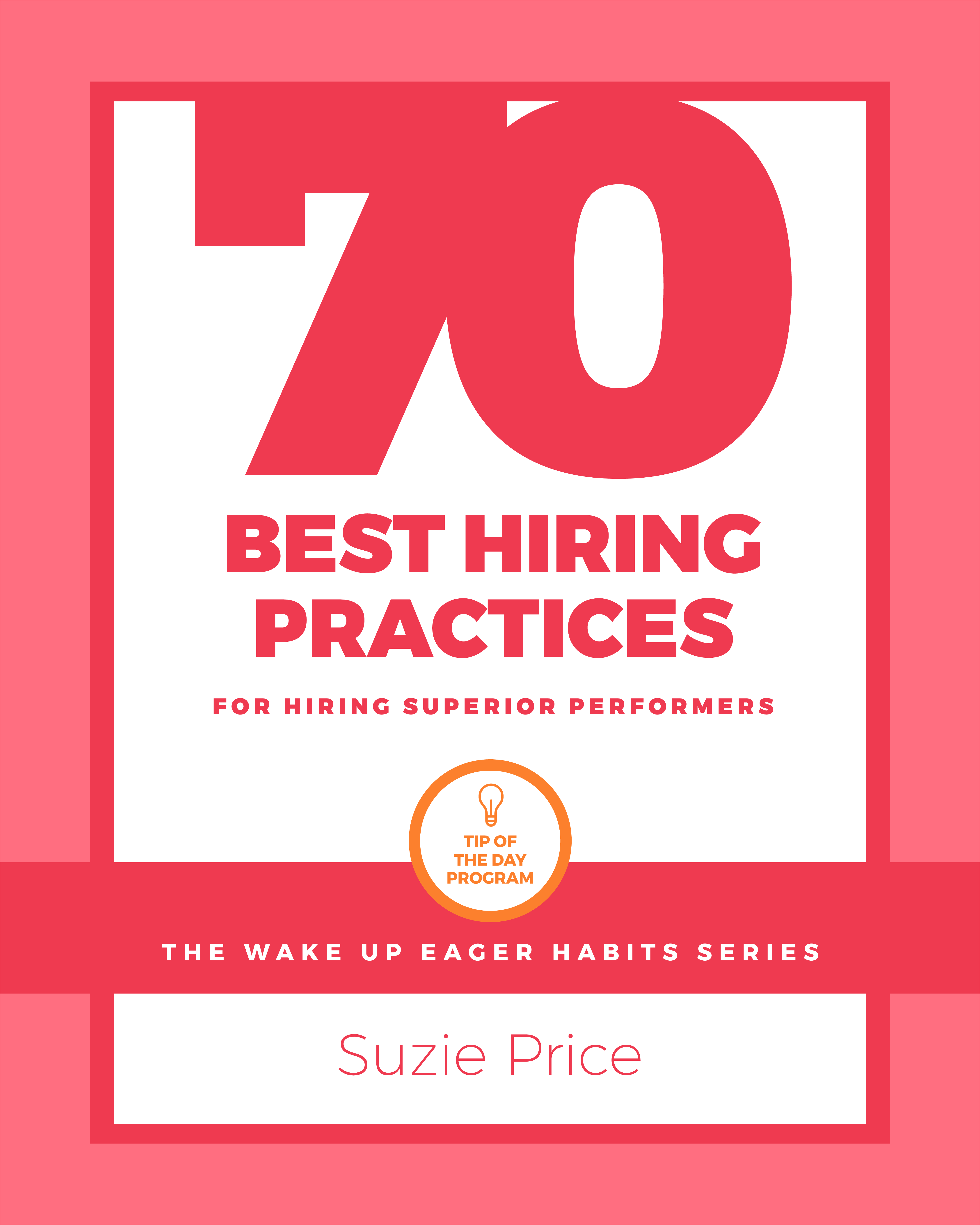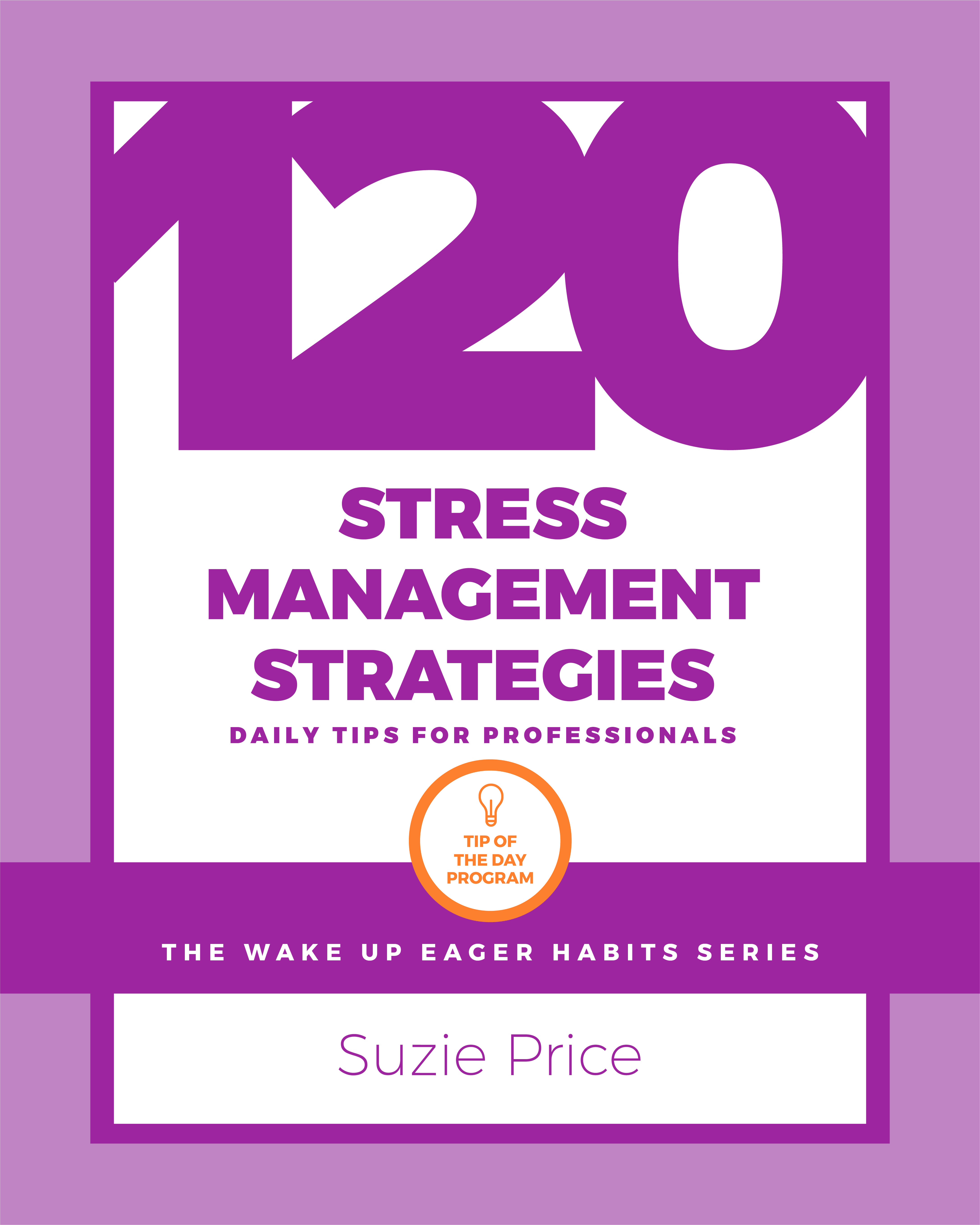The Know How You Need & the Tools to Get You There... Get Certified >

My Best Relationship Problem Advice:
Stop Giving Advice!

Here’s my best relationship problem advice: Stop giving advice! In this article find out why advice-giving can be detrimental. You'll also review three action tools for better communication and a review of the mind set used by great leaders, salespeople and communicators to build great relationships. Don't miss the rubber band action step at the end...
Relationship Problem Advice & A Reminder,
EVEN When You Have the Best Of Intentions:
"Advice is like castor oil, easy enough to give,
but dreadful uneasy to take."
Josh Billing, American Humorist (1818 -1885)
An Example of Advice Gone Wrong...
Let me start with a real life example of 'advice gone wrong' - years ago I was enjoying a business lunch meeting with a talented and interesting colleague. Overall, it was a really good lunch and discussion. We were able to sit outside on a beautiful spring day and we covered everything on our agenda.
Our meeting 'turned south' for me when this colleague started offering advice around something I’d not asked about that he was doing. He shared,“You should try out this workout system. I’ve lost 10 pounds and
I’ve never felt better. Let me tell you all about it. They have this workout technique... They’re located... Here let me give you the web address, it’s...”
He talked on, and on, and on, and on for more than fifteen minutes! All the while trying to convince me to try this new fitness system that he loved.What he was sharing did not interest me and his advice, though well-meaning was kind of annoying.
He didn't know, but I've been active in fitness since my 20's. I have a complete home gym with commercial equipment that I use daily. I have a routine that I love. And I have access to all the resources that I want and need. I'm REALLY not interested in trying something else.
I felt impatient with him, and like he was wasting my time. I know his intentions were good, and that he was just excited about what he'd discovered. I also know that he sincerely likes to help people. His "I'm doing something you should do..." ramble was NOT a big deal at all in our relationship.
BUT, IF he has a HABIT of offering unasked-for-advice eventually his work and personal relationships will suffer. (And if that happens, he'll be on Google searching for solid relationship problem advice and help, and he might even find this article!)

Relationship Problem Advice Answers: How and When To Share. What Great Leaders/Communicators Know and Do...
Why do so many people feel so compelled to give advice? How many of us are unaware of this relationship problem were we're
sharing information with good intentions, but unknowingly turning people
off and away from us? How do we know when to share what we know, and when to just shut up and listen? Review the Mind Set Beliefs listened below and three tips for when to share advice, shared next.
"The first duty of love is to listen."
Paul Tillich, German Philosopher
Mind Set and Beliefs of Leaders Who Know How and When to Give Advice...
Think about the great Leaders and Communicators you know and get to observe. As you reflect upon your experience with these 'Greats' you'll see traits, behaviors, beliefs and mindsets, like:
- "I seek to understand others first, before I try to get them to understand my view. THIS is crucial to all relationships and the level of trust and respect we have with each other."
- "Words alone don’t teach, life experience teaches. What I say needs to be clear, but people need to experience things for themselves to really know, understand and accept."
- "My example is my strongest message."
- "My way is not the only way, it’s just 'A' way. I am the Leader but I invite participation, new ideas and new ways of doing what we do."
- "I try to look at and focus upon the best attributes in others. Even in difficult and tense situations, I can discuss negative facts and behaviors, and still value the person."
- "I always expect the best from others."
"I know that you believe you understand what you think I said,
but I'm not sure you realize that what you heard is not what I meant."
Robert McCloskey
Three Advice Giving Guidelines and Tools
- Advice Requires Permission (ARP): Have you ever given the best advice to someone and they completely ignored it OR they got defensive and angry with you? I have. And I now know that when that happens, chances are good that I gave advice without permission.
- Giving something not asked for is the single biggest contributor to building resistance and aggravation in sales, leadership and family relationships.
- At
some level every one of us knows we’re smart, independent, wise and
capable, and when someone tries to tell us what we should do before
we’ve asked for their input, it’s feels like an insult. It discounts
our experience, insights, internal wisdom, our ability to decide and our
natural desire for independence.
- While the person offering advice is usually just trying to be helpful, all the receiver hears or thinks (oftentimes unconsciously) is, “Since you don’t know and are probably not going to figure this out – let wise ole’ me show you the way.” Giving advice without permission is dis-empowering.
- It also short circuits the learning process and throws all kinds of resistance, tension and roadblocks into the relationship.
- BOTTOM LINE: BEFORE you give advice, make sure you've been ASKED.
"If A equals success, then the formula is A equals X plus Y and Z,
with X being work, Y play, and Z keeping your mouth shut."
Albert Einstein
2. Lead By Inviting Input and Participation: This tool is a powerful tool. It is the art of seeking to understand the other person's viewpoint, ideas, thoughts and insights BEFORE you give any advice.
- Through the art of asking questions you develop and strengthen the relationship.
- By inviting input you help cultivate a positive sense of self in another.
- As you seek to understand the other person’s viewpoint you empower them and deepen the relationship.
- There are usually three reasons why we don't invite others to share their point of view, thoughts and insights:
- Insecurity. We’re feeling insecure so we try to prove our expertise and dominance by trying to control the situation.
- Exuberance. We’re sincerely excited about whatever we’re doing and we just want to share it with everyone.
- Fear. We’re afraid that seeking to understand means that we’re weak, that we’ll get bogged down in dialogue and that we’ll never get anything done.
“The greatest compliment that was ever paid me was when one
asked me what I thought, and attended to my answer.”
Henry David Thoreau
3. Listen Aggressively: This means to hear with determination and energetic pursuit, demonstrating a desire to understand.
- Listening aggressively is something active that you do. This kind of listening requires focus and intention.
- So few people are good at listening aggressively, that if you cultivate this skill, using it consciously as you interact with your employees, your team, your colleagues, your clients, family members and friends – you’ll immediately improve and deepen every relationship in your life. Listening aggressively is subtle and oh so powerful.
- Be a person who listens aggressively and you’ll stand out in a good way. The pay back you’ll receive in cooperation, increased business and love will blow you away.
Taking Action: The Rubber Band & More...
What action can you take right now to remember to put to use this relationship problem advice? Here’s What I Recommend:
- Recall anyone and everyone in your life with whom the relationship is strained or not as strong as you like.

- Commit to using this relationship problem advice of not giving advice unless asked in ALL of your future conversations with these people (and everyone else). In every future exchange keep your focus on understanding what the other person is saying. Ask questions and listen aggressively.
- Reminder Tool: A good reminder trick is to put a rubber band on your wrist and pop yourself anytime you start giving advice before you're asked. Use that pop to remind yourself to ask questions, listen and to only share advice when someone asks.
Let me know what you think – is this relationship problem advice something that you see gets in the way of your own or others' success? Let me know if you try the rubber band and if you notice a positive difference in your relationships by holding back advice until asked.
Learn more about our Essential Leadership Performance Tools workshops, here.
"Advice after injury is like medicine after death."
Comments From Others, And Share Your Own, Via Facebook
Steve, "You weren't talking about me were you Suzie? I enjoy your newsletters and am currently working on my own listening and communication skills. So I appreciate this relationship problem advice article! I find quite often that selling skills are the polar opposite of training skills.....training skills are more about telling and putting on a live performance where were there to entertain and selling is more about asking the right questions and than listening aggressively as your newsletter suggests." My Reply To Steve, "Steve, thank you for your comments. For me this is a lifetime of learning... so glad to know I'm not the only one working on it!"
Kathy Regan, "Suzie, Thank you. I thought the McCloskey quote on speaking / listening was poignant" 'I know that you believe you understand what you think I said, but I'm not sure you realize that what you heard is not what I meant.' "I am guilty as charged!"
Mark, "Great 'advice!' I especially like the phrase Listen Aggressively."
Gordy, "Hope all is well! I enjoyed the article on Relationship Advice – another example of why God gave us two ears and one mouth!"
Lisa, "Suzie, Thanks for the article on giving advice. It was so timely for me because I caught myself doing this just this last week!" My Reply, "Thank you for tuning in, reading and sharing your thoughts. Get out the rubber band!"
Now It's Your Turn, Share on Facebook Below:
LET'S TALK:
Contact us to schedule a Complimentary Consulting Call
or to ask questions about any of our Hiring,
Coaching, Training and Assessment services.




